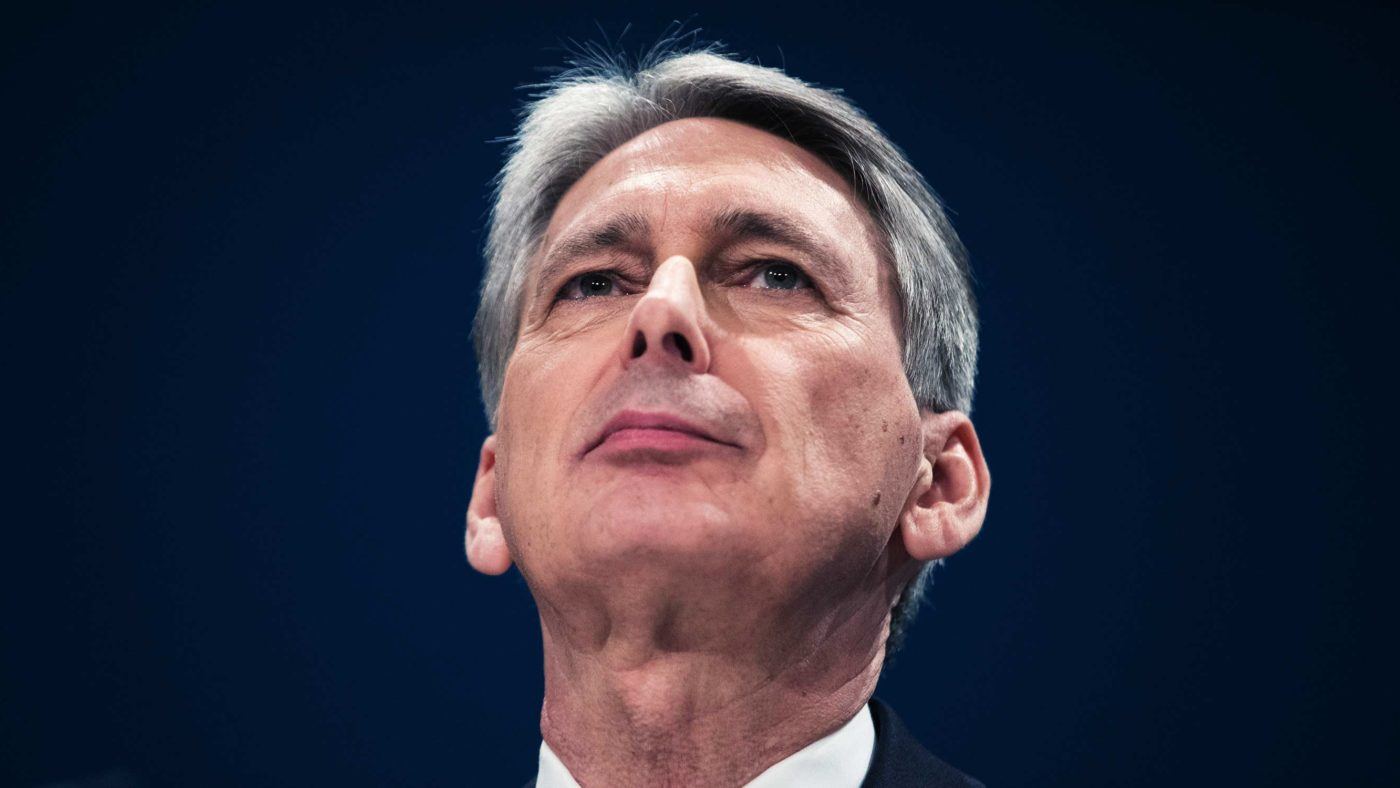Somebody had to dilute the intoxicating cocktail of Brexit triumphalism being served up at the Conservative Party conference, and the new chancellor Philip Hammond was the man.
Never the most dazzling of orators, he nonetheless managed to fill the hall of the International Conference Centre in Birmingham, so the audience had to spill over to watch a televised link-up next door.
The good news about demand since the referendum has kept on coming. Today, for instance, a survey demonstrated a bounce in UK manufacturing output and orders. But these welcome and positive numbers are attributable to two things: the drop in sterling and the fact that the EU Remain campaign, aided and abetted by Mr Hammond’s predecessor George Osborne, conducted a ludicrous scare campaign which did indeed temporarily depress some activity.
Let’s not kid ourselves, was Hammond’s message. “Business confidence is going to be on a bit of a rollercoaster,” he said. Just because things are in many ways doing better than expected, there are plenty of risks out there.
The most critical is investment. By that I do not mean portfolio flows into the Stock Exchange, but direct investment into major, long-term projects. Like, say Nissan’s factory in Sunderland, where the management have put investment on hold. The legal and political uncertainty resulting from the EU referendum and the triggering of the Article 50 EU exit mechanism next year means many big private-sector decisions are being paused.
Fortunately, long-term interest rates are at ultra-low levels. So Hammond has junked George Osborne’s unbelievable attempt to balance the books by 2020 and indicated he is going to borrow to spend on investment. We have a £3 billion fund for housing (actually only £1.5 billion has not been announced before: some things don’t change); a very firm commitment to continue with the HS2 railway; and a promise to make a decision at last on a new airport runway in the South-East of England. We can expect more at the Autumn Statement next month.
Such is the political confidence in Birmingham – the sun is shining, there is a delicious hint of 1980s matriarchy in the air, there are a record 12,000 people attending the conference, and Labour is in turmoil – that Mr Hammond’s speech was greeted with dismissive yawns by the media and even some of his audience.
But Mr Hammond is no fool. And from his Treasury crow’s nest he gets to see numbers and hear reports which the exuberant Tory faithful currently have no interest in.
Bankers queue outside the his office wringing their hands, telling of the damage that low interest rates are doing to their businesses. Lords Lawson and Lamont have called for the Governor of the Bank of England to go. The more hysterical airlines claim that without a new Open Skies agreement, British airports will be effectively closed when Britain leaves the EU.
There other, non-EU related issues too. As we have just been reminded by a coalition of think tanks, our tax system remains ludicrously complex. Some taxes are also simply too high. The stamp duty regime is not only incomprehensible, it deters investment in housing. The corporation tax surcharge on banks is weakening the financial system. The list goes on.
If the UK economy starts to slow next year, Mr Hammond will be able to say: “I anticipated this, which is why I am borrowing to invest, while also trying to give financial markets certainty.” It is an unfashionable and difficult task. But to misquote the great Victorian prime minister Lord Salisbury, the great danger of the hour is too many Brexiteers believing that ecstasy is a substitute for calculation.


